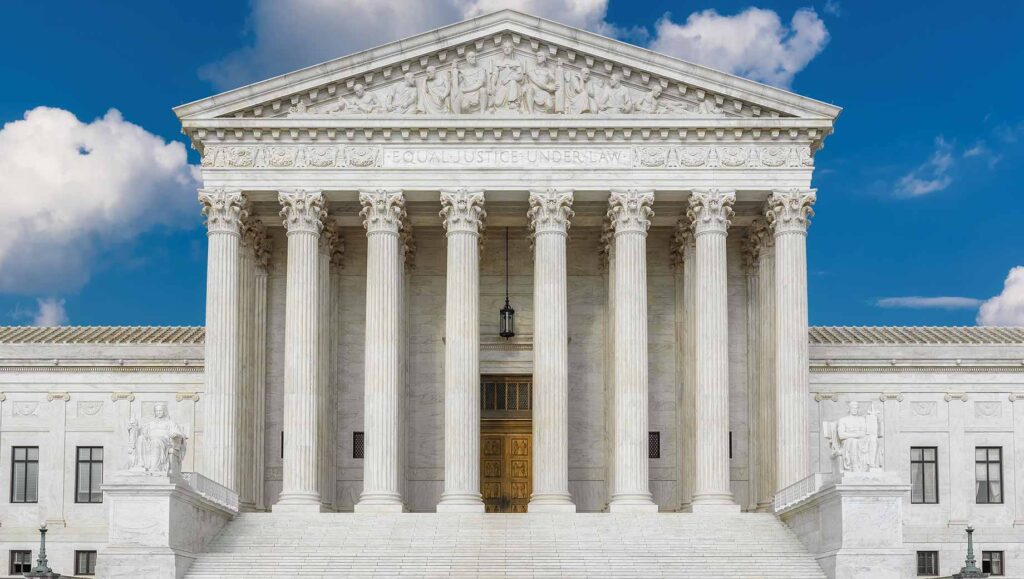
List of Supreme Court Cases You Should Know
- Marbury v Madison(1803): Jefferson was just out as president and he wanted Marbury to appoint positions in the judiciary, which was refused by Madison. This established the judicial review, separation of powers and checks and balances.
- McCullough v Maryland (1819): The Second Bank was just created to stabilize the economy and Maryland taxed the banks. This led to the victory of federal power over state power because Congress agreed Maryland didn’t have the power to tax, which was a big win for the federal government.
- Gibbons v Ogden (1821): This began with steamboat operators fighting over the right to transport. The interstate commerce clause was involved because of the issue of the role of the federal government. The conclusion was that federal could regulate commerce between states.
- Worcester v Georgia(1832): The rights of native Americans were argued and the Supreme Court ruled that Georgia couldn’t have power over Cherokee.
- Dred Scott v Sanford (1857): The Supreme Court ruled that slavery must be allowed in territories.
- Plessy v Ferguson (1896): Segregation Law was passed. The Supreme Court ruled that segregation does not violate equal protection, therefore Jim Crow laws were firmly established.
- Schenck v United States (1919): The government limited civil liberties and ruled that there is no freedom of speech if there is danger to the government.
- Korematsu v United States (1944): Korematsu refused to go to relocation camps and argued his freedom of property and liberty, the Supreme Court ruled that the government could protect national security and not grant freedom.
- Brown v Board of Education (1954): This began with racial segregation in schools. The Supreme Court ruled that separate education was unequal.
- Mapp v Ohio (1961): There were unreasonable searches and seizures in citizens’ homes. The Supreme Court made it illegal for unreasonable searches.
- Engel v. Vitale (1962): Supreme Court ruled that New York State law that required schools to say a prayer each day violated the establishment clause of the first amendment. Establishment clause has been interpreted to mean “separation of church and state.”
- Gideon v Wainwright (1963): The right to counsel in criminal trials was the issue. The Supreme Court ruled that States would provide lawyers for criminals who couldn’t afford it.
- Miranda v Arizona (1966): The rights of criminal suspects were issued and the Supreme Court ruled there was a right to remain silent.
- Tinker v. Des Moines (1969): The issue over freedom of speech was argued and the Supreme Court ruled that students should get reasonable freedom of speech, if there is no danger to the government.
- NY Times v US. (1971): The NY Times were given the freedom of press and were ruled in favor of The NY Times.
- Roe v Wade (1973): Abortion was legalized, women rights had a victory, however, there was a cry for conservative movements
- New Jersey v. TLO (1985): Students’ rights were argued and the Supreme Court ruled in favor of the school, which allowed schools to search students’ bags.

Saw a few on the news🤔